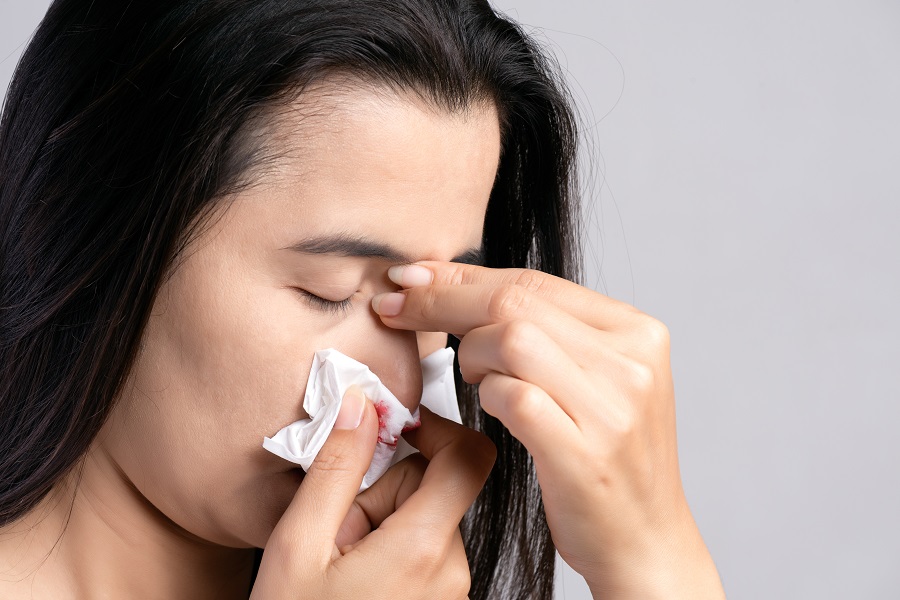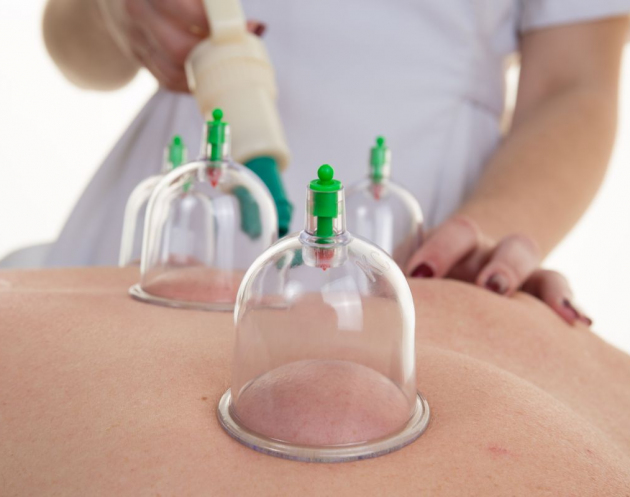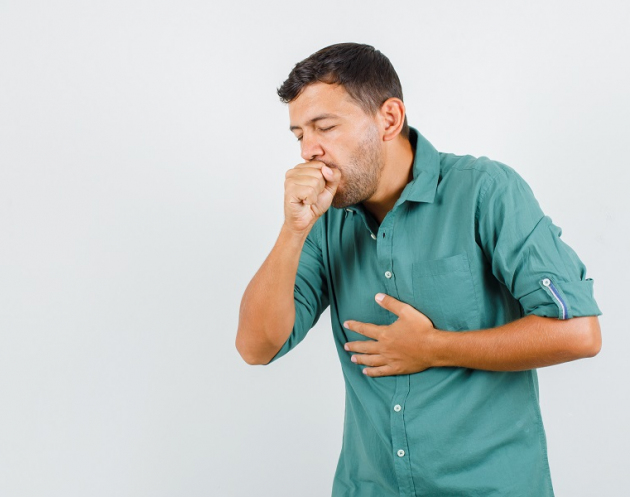Do you know all the nosebleed remedies ? Let’s find out in this guide, which will show you many useful tips to adopt (but also the behaviors to avoid) if necessary.
What is Nosebleeds
Nosebleeds, technically called epistaxis , are quite common, especially in children, although adults are not exempt from the problem.
Generally it is an absolutely benign condition usually caused by localized rubbing, severe colds or very intense allergic rhinitis that lead to frequent sneezing and blowing the nose too vigorously.
Although this is not a serious situation and that tends to resolve itself within a few minutes, it is easy to panic or be impressed.
The most important thing to do is to stay calm and not panic.
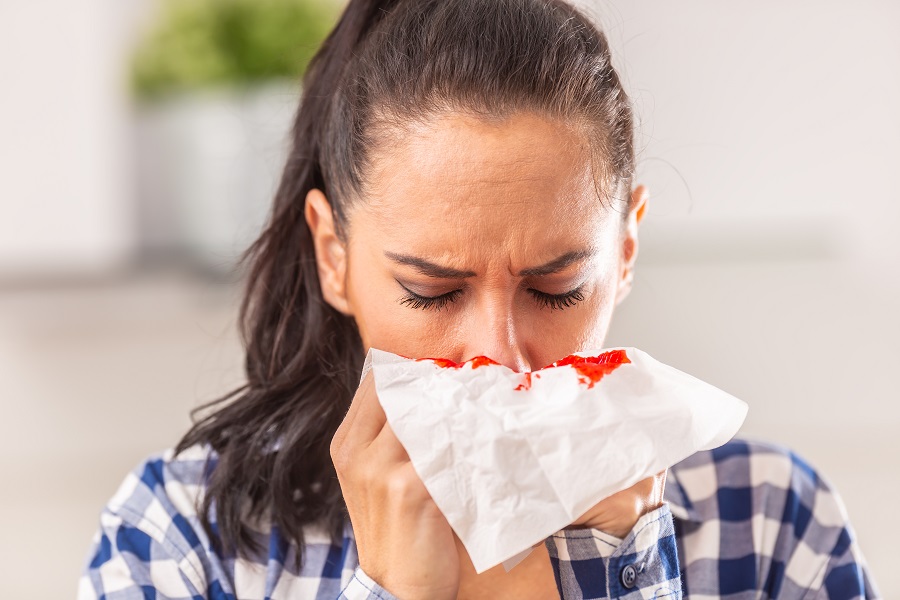
Causes of Nosebleeds
The most common causes of nosebleeds are:
- fragility of the capillaries (the front of the nose is very vascular)
- sneezing too vigorously
- blow your nose vigorously
- picking your nose (typical of children)
- severe cold
- allergy or chronic rhinitis
- frequent use of sprays as decongestants with vasoconstrictive effect to antihistamines
- trauma
- dry mucosa
Other causes, of a more pathological nature, are:
- hypertension
- bleeding disorders
- taking anticoagulant drugs
- deviation of the nasal septum
- congenital malformations (rare)
Predisposition
It has not yet been scientifically established and ascertained whether high blood pressure is actually a risk factor for nosebleeds.
However, it seems certain that high blood pressure values are responsible for a prolongation of bleeding time.
Nosebleeds and pressure
It has not yet been scientifically established and ascertained whether high blood pressure is actually a risk factor for nosebleeds.
However, it seems certain that high blood pressure values are responsible for a prolongation of bleeding time.
Nosebleed Remedies
A nosebleed, especially if it is quite large, can be impressive. But you have to stay calm and act promptly and correctly. Here are the simple and few instructions to perform (and not):
- keeping the head slightly tilted forward (turning the head back would cause blood to flow into the stomach and cause vomiting)
- apply ice to the top of the nose
- close the tip of the nose between the index finger and thumb with intense pressure for 10-15 minutes
- do not insert into the nasal cavity neither cotton nor small pieces of paper handkerchiefs : these materials would stick to the blood and, when they are removed, they would detach the crusts formed and start the flow of blood again
Nosebleed, mistakes not to make
Taken by agitation, one can be led to make unsuitable gestures. In case of nosebleeds, first of all you should not panic, but stay calm and carry out the few and simple operations described above.
Now let’s see what are the things absolutely NOT to do:
- tilt the head back : the blood would flow down the throat causing coughing and vomiting, thus worsening the situation
- avoid swallowing blood
- do not insert gauze, cotton, small pieces of paper handkerchiefs into the vascular cavities … These in fact would “stick” with the blood and, when they are removed, they would remove the small clots making the bleeding start again.
Warning : all the suggestions indicated up to now are intended for sudden nosebleeds. If, on the other hand, you have a nosebleed following a trauma, do nothing and go to the emergency room immediately.
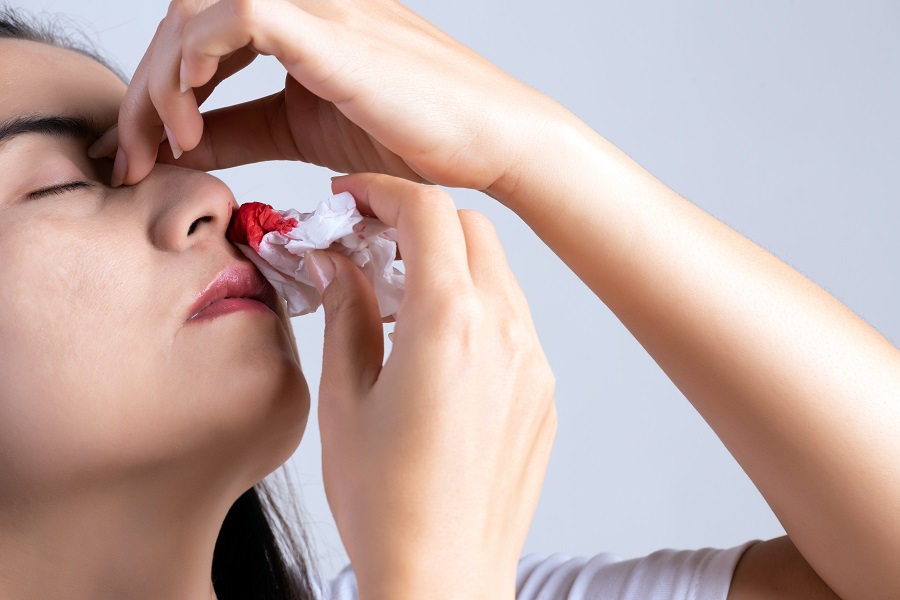
Natural remedies
There are also several natural remedies which, in the form of a compress , are able to stop bleeding and promote healing of the injured blood vessel. Let’s see them specifically.
Infusion of nettle : thanks to its anti-inflammatory substances, it reduces irritation of the mucous membranes. Dose: 30 g of dry nettle and 250 ml of hot water. Local application
Apple cider vinegar : prevents nasal infections and accelerates recovery in case of superficial wounds. Dosage: 3 tablespoons of apple cider vinegar and 2 tablespoons of water to put as a compress on the nose.
Mint herbal tea : it is useful to solve blood clotting problems and to restore blood health, especially if caused by medicines or nutritional deficiencies. Ingredients: 250 ml of water and 10 g of mint leaves . Sip several times a day
Saline solution : useful for washing which allows to eliminate the dry lumps of blood that remain in the walls of the nose. Ingredients: 250 ml of water and 1 teaspoon of salt
Lemon: an excellent astringent with a healing effect on small wounds, is useful for avoiding infections. Apply pure locally
Cayenne pepper based infusion : Add a pinch of cayenne pepper to a cup of warm water, drink as if it were tea or soak in cotton and swab the bleeding nasal cavity
Nosebleed tumor
We know, today, faced with a little pain or a trivial physical ailment, one is often led to think badly immediately and to come to hasty conclusions. But only in very rare cases is epistaxis a symptom of a tumor in the nasal cavity and paranasal sinuses.
Usually, these tumors do not have specific symptoms, so much so that they are sometimes discovered in tests done for other reasons, or when they have grown so large that areas of development are blocked.
In any case, the possible symptoms of a nasal cavity cancer are not limited to the discharge of blood from the nose. Other symptoms that can be a wake-up call are:
- a nasal congestion that does not improve
- obstruction of a nostril
- pain in the eye region
- visual disturbances
- the abnormal protrusion of an eyeball
- the decrease in smell
- a continuous tearing
- a headache never experienced before
- the formation of masses in the nose or on the palate
- a pain or a sense of compression in one of the ears
- swollen lymph nodes in the neck
- unexplained disorders in the teeth or other parts of the face
When to seek medical attention
See the emergency room immediately if trauma is the cause of the nosebleed.
Always go to the hospital even if the blood loss, sudden and independent of trauma, does not stop within 20 minutes.
In the presence of more than 3 episodes of nosebleeds per month, contact your doctor to find out the source of the disorder. Generally it is not anything serious, but it could simply be a small varice of the nasal mucosa that must be cauterized by the otorine.
Remedies and prevention
Regardless of any pathologies, considering the causes that favor the bleeding from the nose, here are some precautions to follow to avoid the frequency of the episodes:
- avoid picking your nose
- do not blow your nose with too much energy in case of colds and allergies
- keep the nostrils moist and well hydrated with saline products, which can be purchased at a pharmacy or parapharmacy. Prefer the gel format rather than the spray
- drink at least 1.5 liters of water per day
- humidify the air in your home well
- keep a low temperature in the bedroom (better still keep the heating off)
- avoid dry environments, dust and irritating vapors
- avoid exposing yourself too much to the sun, especially during the hottest hours
- consume fruit and vegetables in abundance, rich in vitamin C and vitamin K which promotes blood clotting
- avoid alcohol and smoking which, among other things, weaken blood vessels
- finally (and not only for capillary fragility!) avoid snorting cocaine


